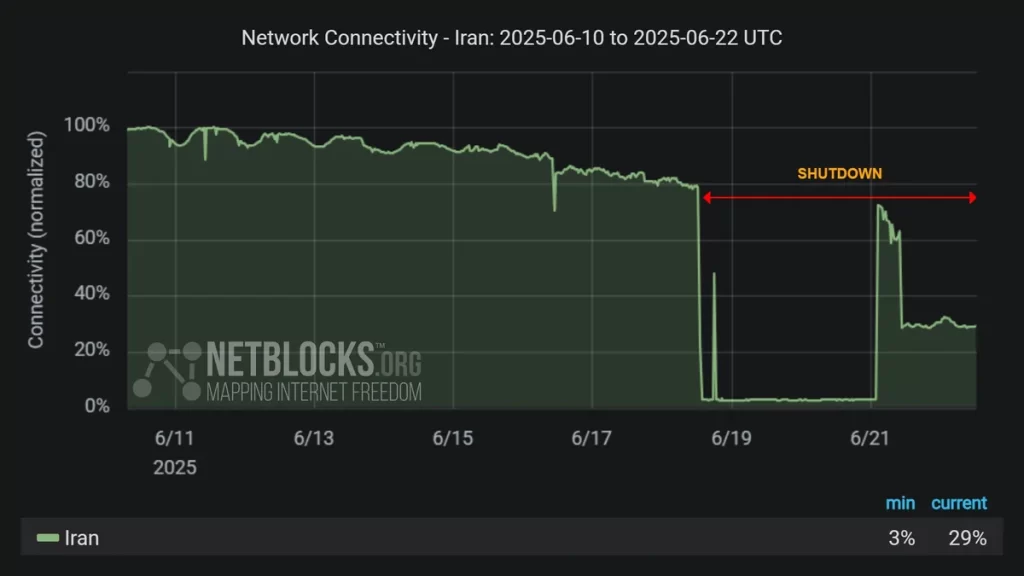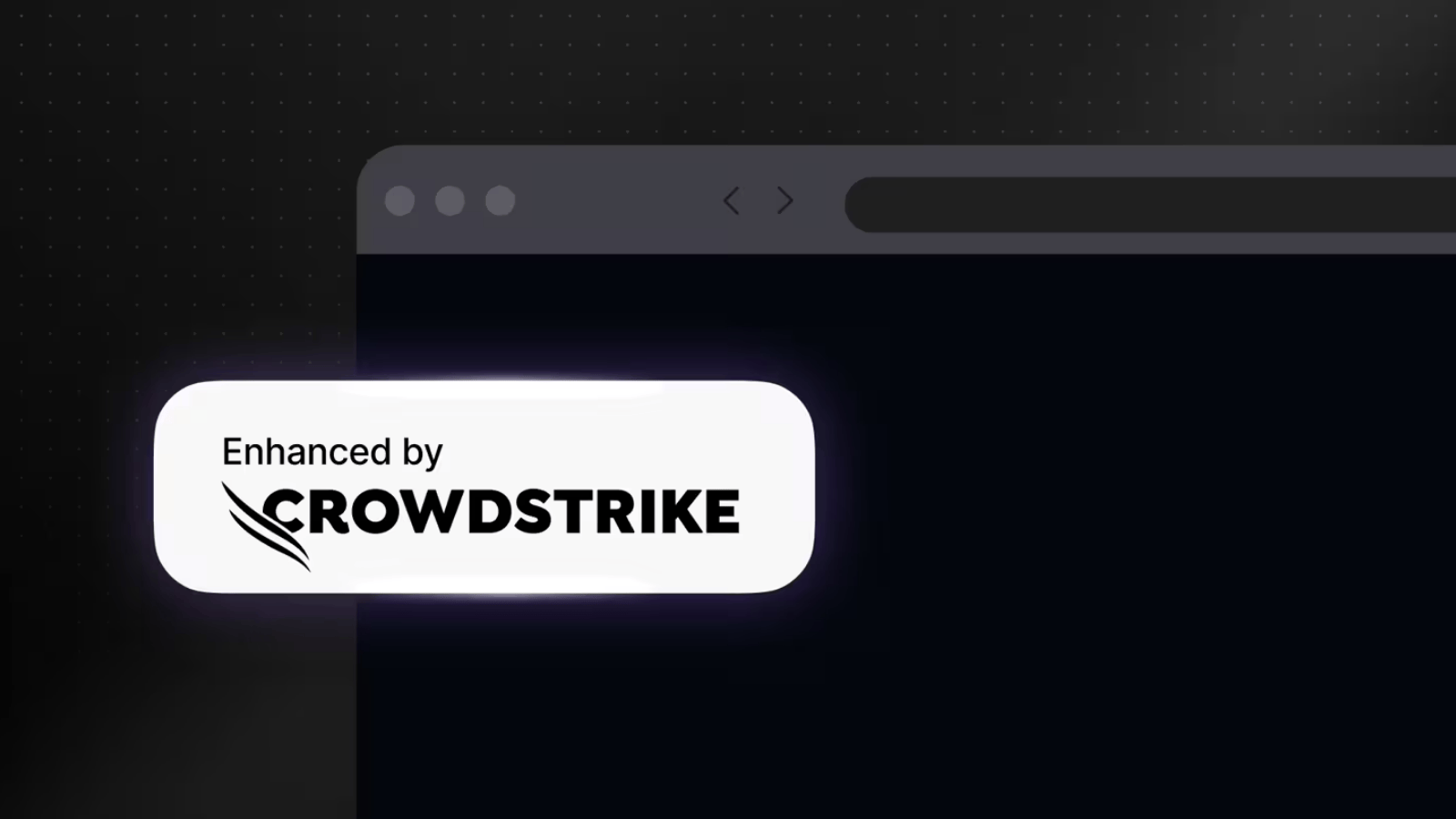
As Iran-Israel Conflict Escalates, VPN Downloads Soar and Surveillance Concerns Rise in Tehran
- VPN downloads in Iran spike 95% as citizens bypass censorship during blackout.
- Iran promotes Bale Messenger despite audits exposing surveillance and security flaws
- Israel sees 25% app spike, focusing on productivity amid wartime disruption.
As the conflict between Iran, Israel, and the United States escalates, the way citizens in each country are using the internet has shifted significantly. A recent analysis by software platform Softonic revealed that in Iran, VPN-assisted downloads spiked by 95% between two observed periods, June 6 to 9 and June 13 to 16. Download numbers rose from 11,400 to 22,200, largely driven by the need to bypass widespread internet censorship. Iranian users were mostly downloading VPN applications such as Viva VPN, Psiphon, and Binwiz, along with other Farsi-language tools.
This surge indicates that many Iranians are actively seeking uncensored information and more secure ways to communicate, especially as the country experiences increased political and social unrest during the ongoing war.
Since June 18, Iran has been experiencing a near-total internet blackout, severely limiting the public's ability to communicate and access independent news sources. According to the internet watchdog NetBlocks, the country has remained mostly offline for several consecutive days, with only brief moments of restored connectivity. In this environment, demand for VPN services has soared, with usage peaking at a reported 700% increase since June 13. However, reports suggest that some of the most popular VPN apps are now experiencing disruptions, possibly due to increased interference from Iranian authorities, which is why only the best VPNs are suggested for Iranian people.
In response to the blackout and rising concerns over foreign communication apps, Iranian officials have begun promoting Bale Messenger, a locally developed application tied to the National Bank of Iran. On June 20, the state-run Fars News Agency encouraged both domestic and international users to turn to Bale to stay in touch with family and friends. Despite its official promotion, security researchers have long raised alarms about Bale’s safety. A recent audit by the Open Technology Fund revealed that the app lacks end-to-end encryption, uses weak and reversible encryption methods, and may allow government access to user messages through a state-run backend system called Message Exchange Bus.
The same audit also found that Bale collects sensitive user data, including location information, and redirects web links through its own servers, enabling potential monitoring of user activity. These vulnerabilities have led experts to warn citizens against using the app for private or sensitive conversations. Iranian information security analyst Azam Jangrevi described Bale as potentially containing spyware and advised people to use more secure alternatives like Signal, Session, or WhatsApp via VPN, although WhatsApp is now reportedly being targeted by the Iranian government, which fears it could be used to share strategic information during wartime.
Meanwhile, in Israel, the same Softonic report noted a 25% increase in app downloads, rising from 14,100 to 17,700 over the same time period. Unlike Iran, these downloads were primarily for productivity and entertainment apps, including Google Classroom, Roblox, Among Us, and Anydesk. This suggests that Israeli citizens are focusing on maintaining their work and study routines despite the ongoing conflict. The Israeli government enforces far less internet censorship compared to Iran, which may explain the lower reliance on VPN services and the greater emphasis on digital continuity in daily life.
The contrasting download trends highlight two very different digital realities. While Iran's spike in VPN downloads is for battling to access uncensored information under heavy surveillance and connectivity restrictions, Israelis are adapting to conflict through digital tools that support normalcy. With the situation in the region still highly volatile, how citizens connect, communicate, and stay informed remains a critical aspect of this modern-day conflict.











